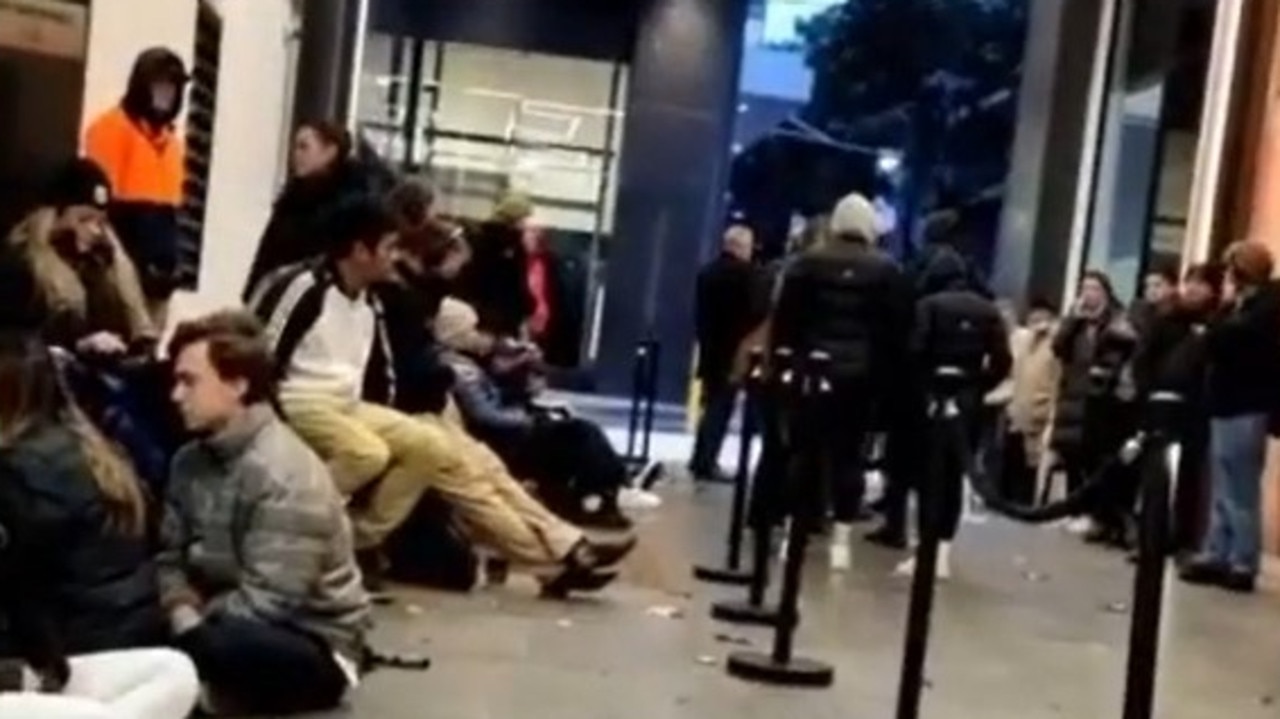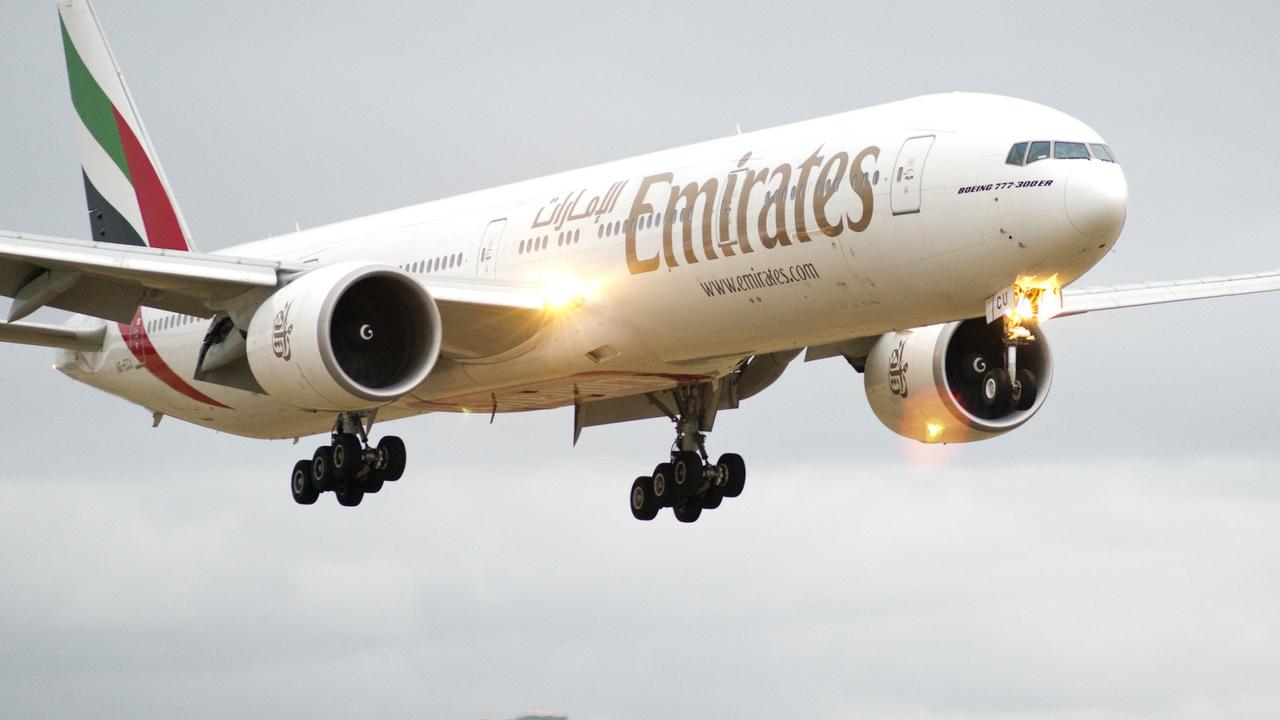Australian passport office delays extend to 12 weeks amid application rush
Nationwide delays have threatened travel plans, as an industry expert warns people should sort their passport at least 12 weeks before their trip.
Wait times to renew or apply for a new passport have ballooned to 12 weeks, despite the official recommendation from the Australian Passport Office instructing applicants to allow up to six weeks.
Australian Federation of Travel Agents chief executive Dean Long said the organisation was advising customers of an eight to 12 week processing period, with delays likely to remain till the end of the year.
“There’s about two million passports expired in the last two years and there’s just not enough capacity in that system to process the number of applications they’re trying to,” Mr Long told radio station 3AW.
Want a streaming service dedicated to news? Flash lets you stream 25+ news channels in 1 place. New to Flash? Try 1 month free. Offer ends 31 October, 2022 >

This comes as the Department of Foreign Affairs and Trading struggles to keep up with the 2.4 million Australian passports that have expired since January 2021. According to 9News, the Sydney passport office normally receives between 7000 to 9000 applications between Monday and Friday, but that figure is now at 10,000 to 12,000.
While Australian citizens can also pay $225 to have their application expedited in two days via priority processing, demand has seen these wait times soar as well.
Speaking to 3AW’s Neil Mitchell, Melbourne woman Halle Baker said she was told she’d need to pay a $225 fee to get her passport renewal expedited, despite lodging her application more than six weeks ago.
“They said that the six weeks starts when they get the application, not when you lodge it at the post office, which isn’t what it says on the website,” she said.
“It’s supposed to come within the next 48 hours, and … then we have to go line up again and go get it.”

Similar scenes have been reported at the Sydney Passport Office in the CBD suburb of Haymarket.
On Twitter, people said they were waiting more than eight weeks to have their passports renewed. Exasperated at the delays, those who resorted to physically lining up at the office reported queues of more than six hours, with people arriving before 6am.
Photos shared from the office were dozens of people deep.
After waiting 6 hours in the cold at Sydney Passport Office got upstairs to be told to wait for email for my son’s passport! Should come Friday or ….. Tuesday…they couldn’t say. supposed to travel Thursday! Add insult to injury got back to the car to a $117 parking fine 🤬🤬🤬
— Carrie LaFrenz (@CarrieLafrenz) June 6, 2022
â¦@dfatâ© so here we are in the queue at Sydney Passport Office. Why does it take this to get renewed passport! Eight weeks…and waiting… pic.twitter.com/P9JyV1iUzU
— Amanda Morrall (@oceanpoolswim) June 6, 2022
Queuing at the Sydney Passport Office at 6am, 2022-style. But where is @DFAT’s coffee cart? pic.twitter.com/IxCDAmCX1o
— Colin Cosier (@colincosier) June 5, 2022
In October 2021, a DFAT spokeswoman warned that Australians with expired or expiring passports should get their application in as soon as possible to avoid delays. Speaking to The Australian, the spokeswoman said surging applications had been seen in other countries as a result of international borders reopening.
“Recent experience in the US and the UK has shown that there was a significant increase in applications ahead of international travel restrictions being lifted in these countries, resulting in long wait times for passports,” she said.
“While the department is doing everything it possibly can to prepare for a similar eventuality, longer than usual processing times cannot be ruled out.”

However, it’s not just people with expired passports who may need to double check the expiry date on their travel documents.
Some nations like Indonesia, Taiwan, Thailand and Singapore also refuse entry to travellers with passports that are set to expire in less than six months. Others require travellers to have a passport with at least three months of validity.
This includes countries in the European Union and New Zealand.






